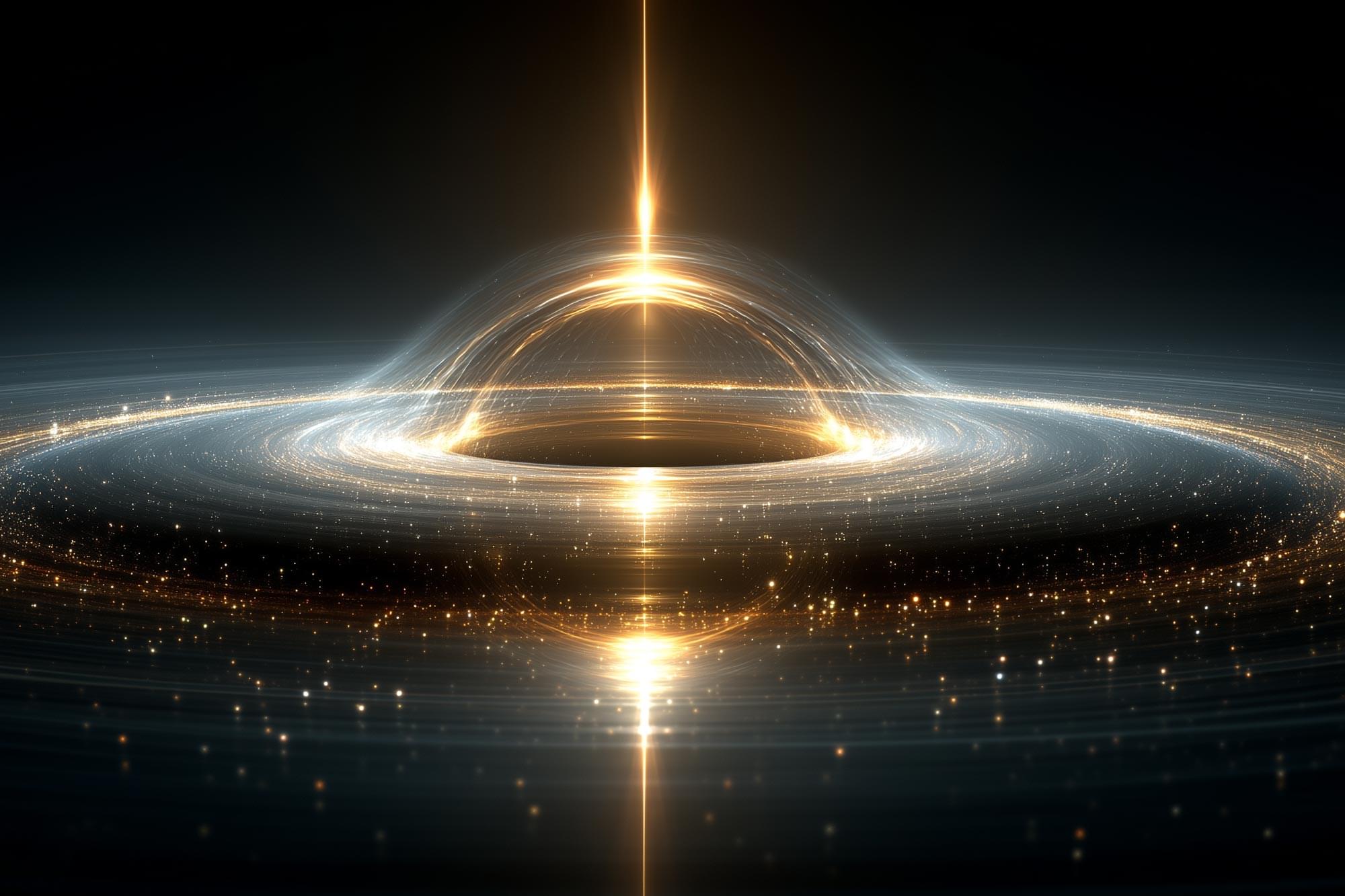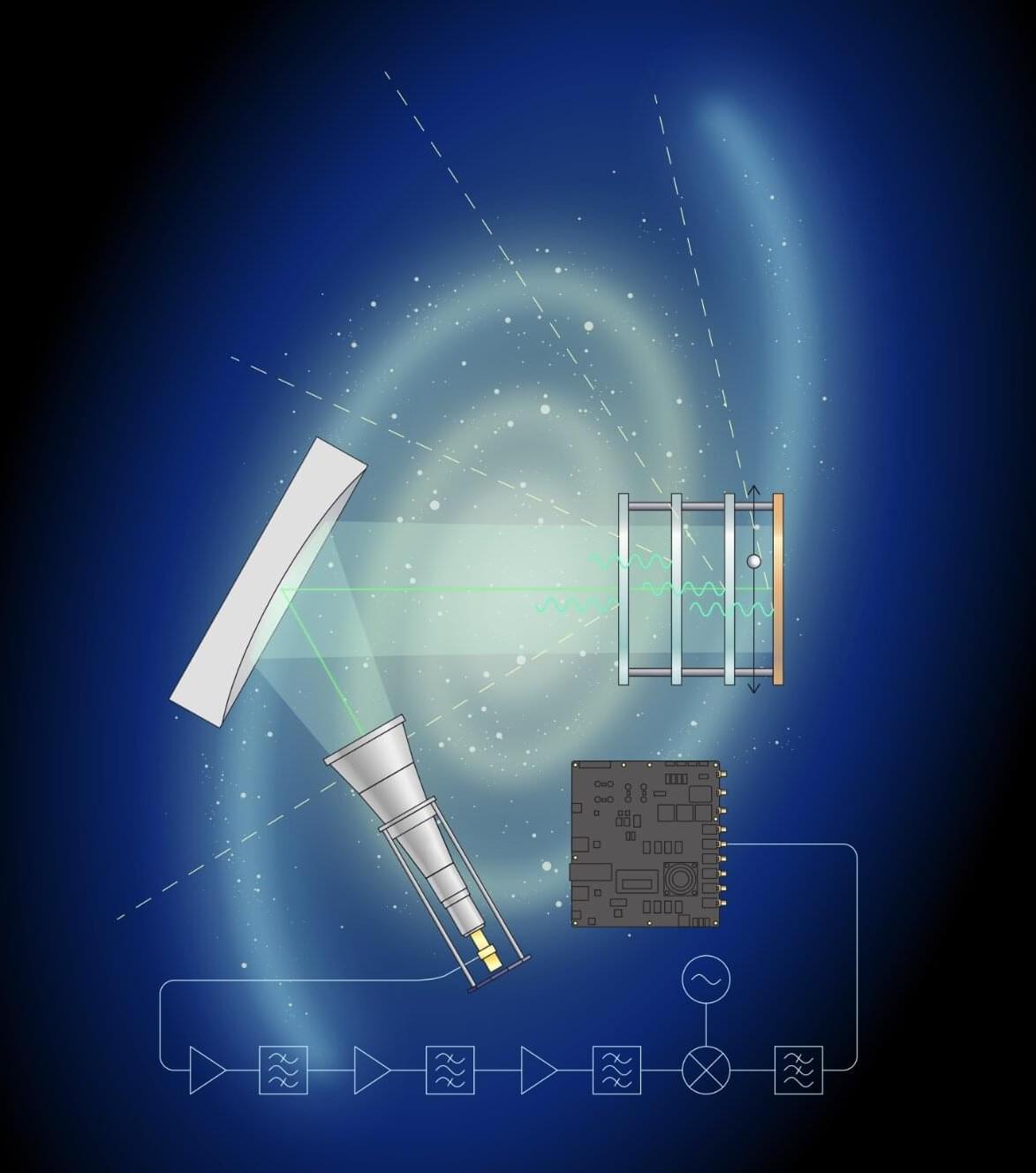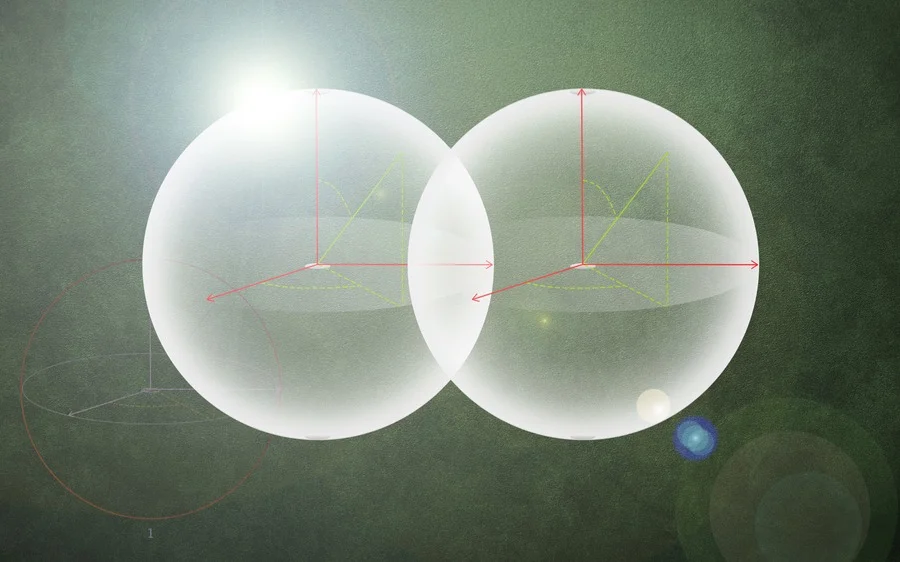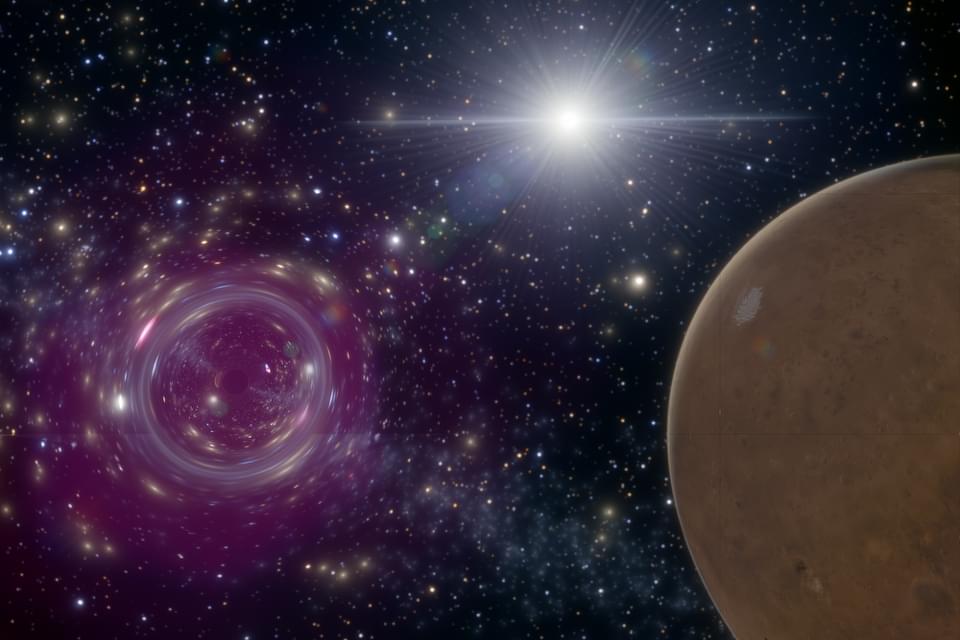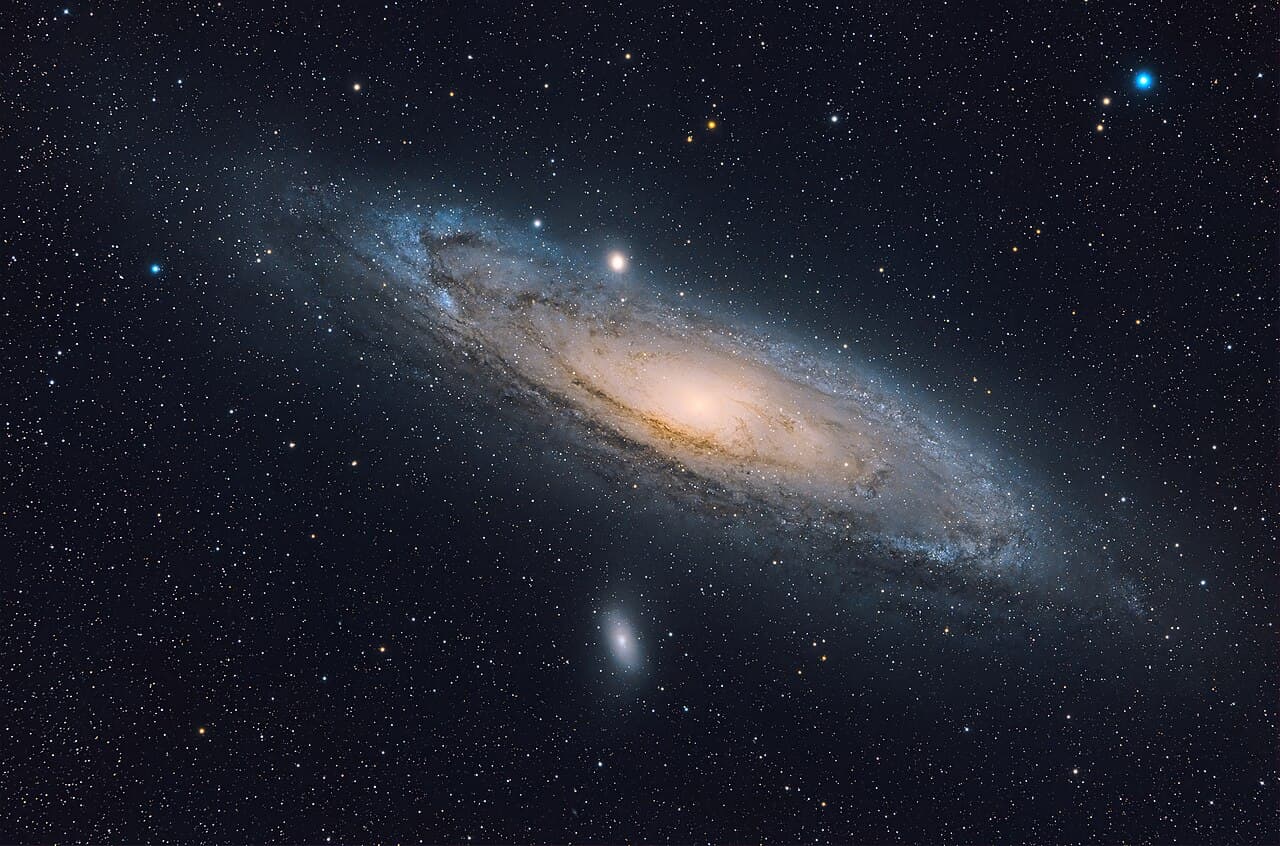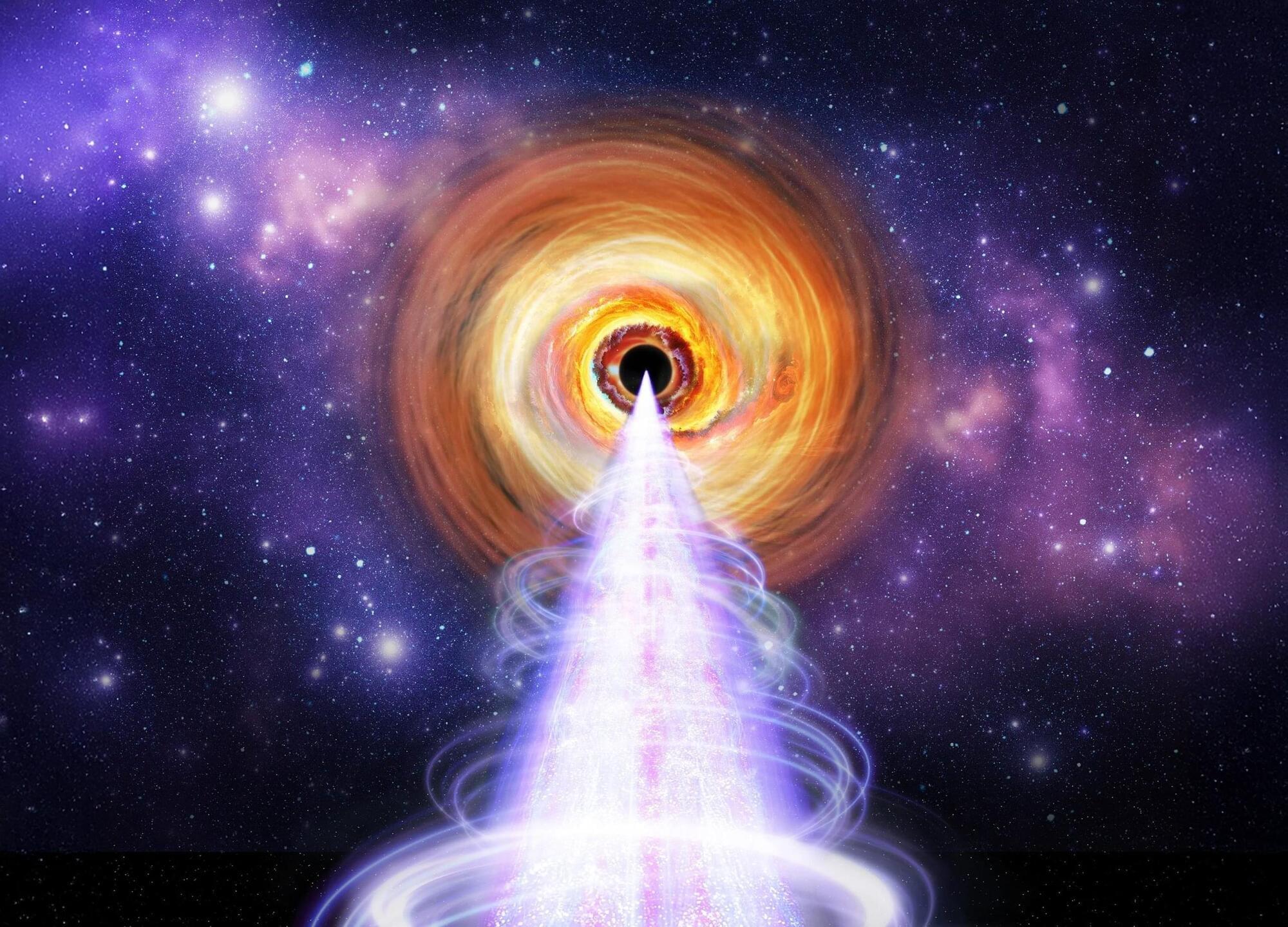During that meeting, three main black hole models were outlined: the standard black hole predicted by classical general relativity, with both a singularity and an event horizon; the regular black hole, which eliminates the singularity but retains the horizon; and the black hole mimicker, which reproduces the external features of a black hole but has neither a singularity nor an event horizon.
The paper also describes how regular black holes and mimickers might form, how they could possibly transform into one another, and, most importantly, what kind of observational tests might one day distinguish them from standard black holes.
While the observations collected so far have been groundbreaking, they don’t tell us everything. Since 2015, we’ve detected gravitational waves from black hole mergers and obtained images of the shadows of two black holes: M87* and Sagittarius A*. But these observations focus only on the outside — they provide no insight into whether a singularity lies at the center.
